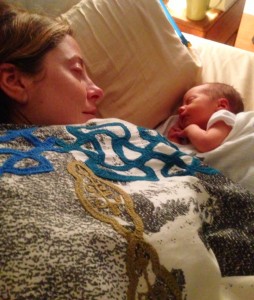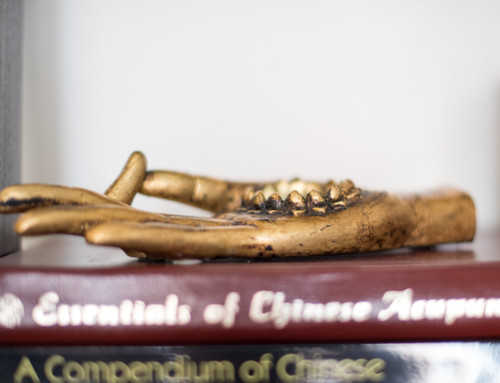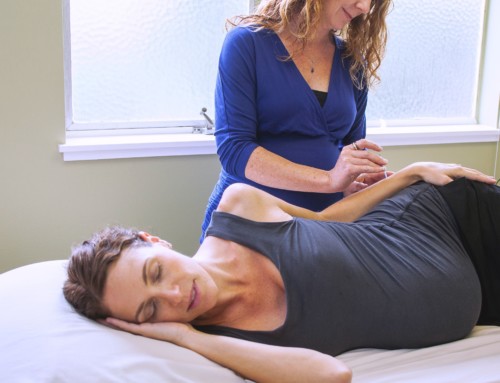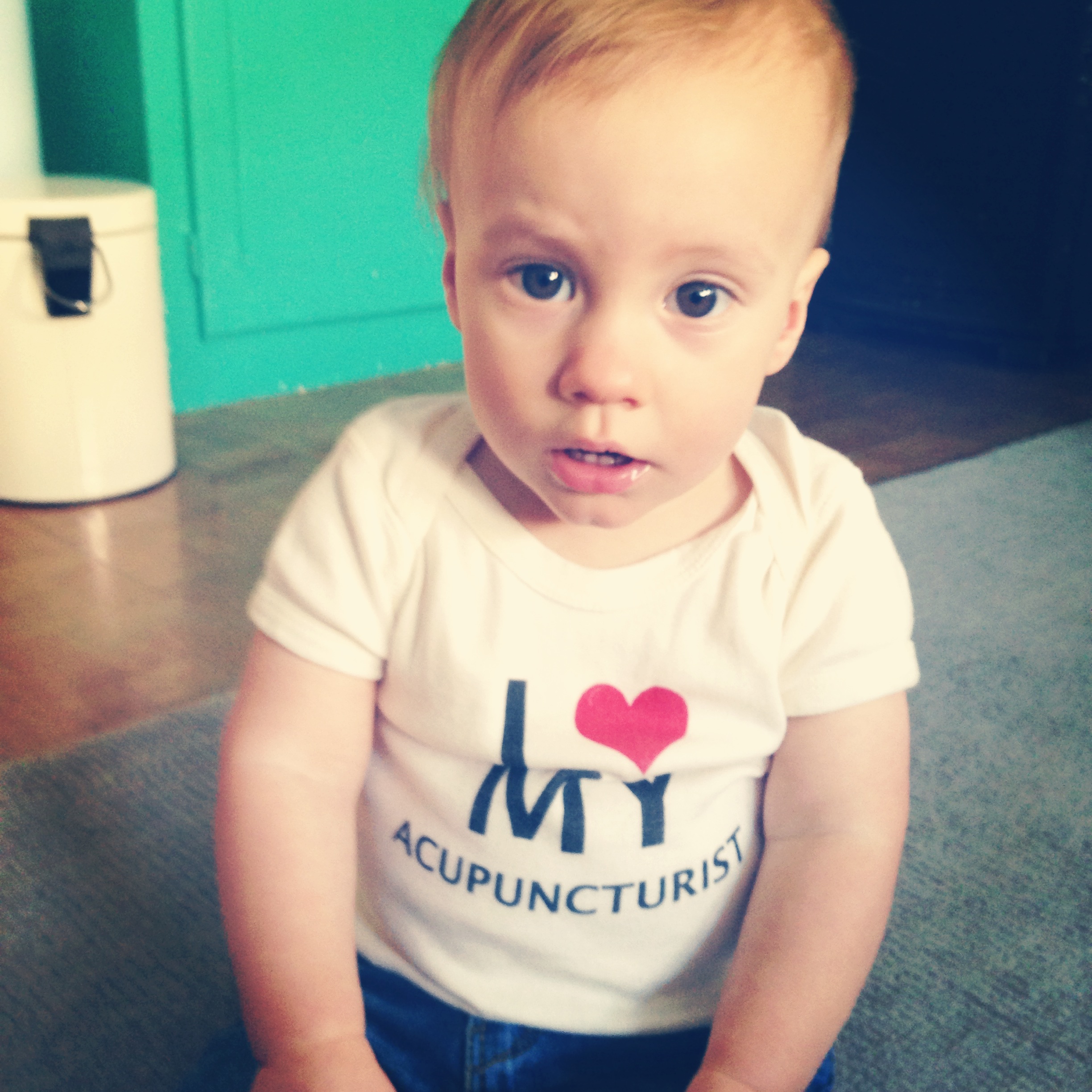My husband and I gave birth to our first child last year safely, comfortably and quickly at home. We dozed in our bed between contractions, he caught the baby on the way out, and we spent the first few hours of our son’s life nestled in a cozy heap in front of the fireplace while our midwives made us eggs and toast.
In the months leading up to the birth our decision was met with much caution and uncertainty from friends and family. I’ve noticed in the time after, seeing how uncomplicated and relatively easy the whole process was, we are met with much more curiosity and intrigue.
We aren’t hippies, we aren’t Amish, and we aren’t particularly religious. To us it was mutually important to have our child in a calm, quiet, drug-free environment, and neither of us likes hospitals.
There is also a growing amount of evidence stating that, especially in a city like San Francisco where we live 5 minutes from the nearest hospital, the benefits to the healthy woman and child birthing naturally under the care of Licensed Midwives often outweigh the risks. In an interview with the Awakenings Midwives below, we discuss some of these benefits.
I also personally believe that in the list of life’s momentous occasions and initiations, you and your partner will never feel so empowered as the day you deliver your own child.
How many years have you been practicing?
Awakenings is in it’s 17th year!
How many births have you attended?
We’ve provided care to almost 1000 families between the 3 of us.
What are 3 major differences that stand out to you between a hospital birth and a home birth?
1. Home birth is drug-free (DARE to keep your kids off drugs, starting at birth!)
2. The microbial safety of the family home (none of those nasty antibiotic resistant bugs that live @hospital)
3. Attendants are skilled in supporting natural birth (many hospital based providers we’ve spoken with have NEVER seen a natural, undisturbed birth)
What types of women are good candidates for a home birth? Better candidates for a hospital birth?
All normally healthy women would benefit from midwifery care & the possibility of birthing at home. The only exceptions are those living w/illnesses such as essential hypertension, insulin dependent diabetes, liver disease & some auto-immune situations.
I was really impressed with how much education I received under your care. Can you share a few of the goals you have for your clients in preparing them for birth?
There’s an old Midwifery saying that you know you did your job when after the birth the partner looks at the Mama & says “what did we pay those Midwives for?” It means that the family was well prepared to be fully present to the birth. They are immersed in their experience, not looking to outside sources to mediate it for them. We personally love it when Mamas look at their partners & say “WE did it!”
What benefits are there to a child’s health who is birthed naturally?
The single most direct health benefit in a natural birth is related to delayed cord clamping. Almost 1cup of baby’s blood is backed up in the placenta during the moments of the actual birthing. The placenta continues to function for many minutes after the birth, supporting the baby as it transitions to extrauterine life and allowing the rest of the baby’s blood to be returned. If a 2 cup loss is considered hemorrhage in the adult body, one can imagine what a 1 cup deficit means to a newborn.
This is really interesting to me from a Chinese Medical perspective b/c blood deficiency leads to things like restlessness, anxiety, and poor sleep. I think we kept the placenta attached to Arthur for a good half hour and he is a little sleepyhead.
Another important benefit in natural birth is the uninterrupted contact between baby & Mama. There is a biological expectation & hormonally driven imprinting that occurs within the first 2 hours after birth. Primal Research Institute, run by French obstetrician, Dr. Michel Odent, is a great resource to learn more about this. And while it is true that in some emergent circumstances there must be separation, it is a rare exception rather than the rule at home.
Last, but certainly not least, is avoiding the over-use of drugs, both narcotic & antibiotic happening in the hospital setting. A baby’s newly forming gut flora is completely disrupted by antibiotics, which can result in repercussions on health that often go unidentified until much later in life (ex. leaky gut syndrome). Narcotics given to Mamas in labor make babies stoned & sick, less able to tolerate the stresses of labor, which is a risk factor for cesarean section.
Antibiotics from a Chinese perspective cause cold stomachs. This leads to symptoms like cramping pain and indigestion, also very common in infants.
I was totally unprepared for how much post-partum care I would need, and find this to be sorely lacking in the western medical model. Can you explain what you provide to post-partum mothers and why it’s so important?
We were trained to follow the model that is used in so much of the rest of world, which is a 40 day lying-in after the birth. We do tell our Mamas about this, but unless they’ve already had a baby, they look at us like we’re crazy. And because families are so spread out, people sometimes just can’t access that kind of support. We see our Mamas a minimum of 5x in the first 2 weeks after the birth. We make sure that there are lots play-dates arranged for other kids, food put up in the freezer and if partners are back at work, a visit from friends on the days when the Midwife isn’t coming. By the way, we thought your idea of frozen cups of homemade bone broth was totally brill!
Thanks! 40 days would’ve been tough for us, but I thought your idea of making me and the baby stay in the house for the first 3 weeks was totally brill 🙂
Can you describe a transfer and under what circumstances they occur?
Our transfers are almost always due to a really long labor where the Mama is starting to have sensation that is over & above normal & tolerable. It is in those circumstances that an epidural can be really helpful.
What San Francisco hospitals do you prefer to work with in the event of a transfer and why?
St. Lukes in the Mission is our favorite hospital in SF. Our families feel like they get welcomed with a “hello homebirth family, we’re sorry you had to come, but we are going to use our tools to help you have the best birth you can here.”
What is one motto that you strive to live by?
Assume everyone is doing the best they can at any given moment. (Adyashanti)
What is a good book that you would recommend to someone unfamiliar with Midwifery?
Henci Goer’s Thinking Woman’s Guide to a Better Birth. Any of Ina May Gaskin’s books.
What advice would you give to a woman who is on the fence about having a home birth?
We would tell her to look at the statistics; here in the Bay Area women choosing to birth in hospital have a 30% chance of having a cesarean & almost all first time Mamas in hospitals have epidurals. The way we see it, the choice is not really home or hospital, it’s between natural or chemical! And while no one can promise a homebirth, we must not underestimate the value in continuity of care that a Midwife provides before, during & after.
Amen, ladies. Thank you!





